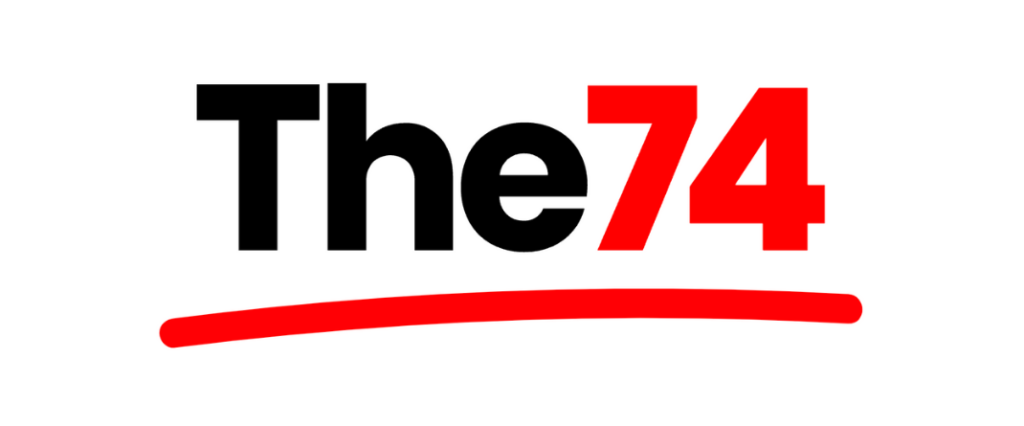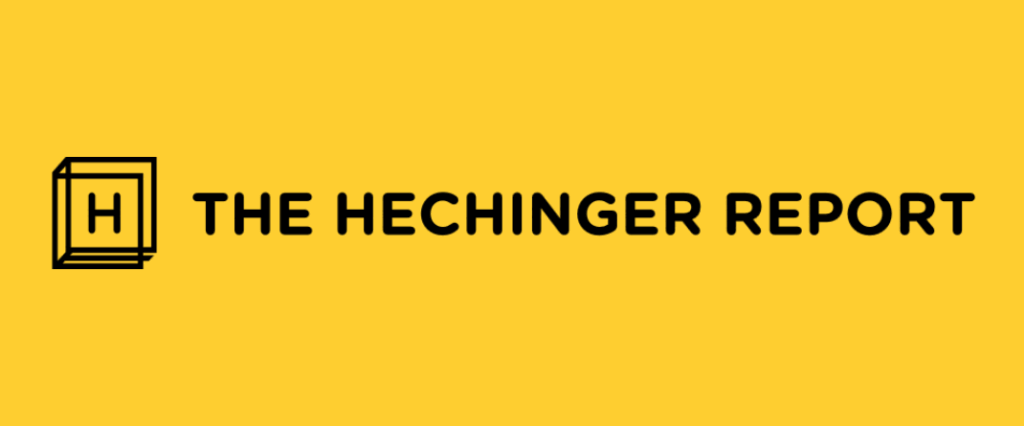Nov 2024
Policy Experiment Stations to Accelerate State and Local Government Innovation
The Federation of American Scientists (FAS) published this memo about strategies for building capacity and accelerating state and local government innovation.
Each year the federal government transfers approximately $1.1 trillion to state and local governments. Yet, most states and localities rarely evaluate whether these funds are actually improving their communities.
Recent research points to a powerful solution: fostering partnerships between government agencies and local universities—something we specialize in at the University of Chicago Crime Lab and the University of Chicago Education Lab.
This policy brief outlines an exciting vision for “Policy Experiment Stations.” These stations are designed to revolutionize how state and local governments leverage evidence and data to drive innovation and address critical challenges.
This memo is part of the Federation of American Scientists’ larger effort to champion bold, science-driven ideas that can help build a more prosperous, equitable, and safe future for all.
Latest Updates
Why tutoring is a logistics problem worth solving
The National Student Support Accelerator’s (NSSA) Susanna Loeb and the Education Lab’s Monica Bhatt highlight the ways districts can stay the course on using high-dosage tutoring as a research-backed lever for strengthening teaching and learning.

Months After Deep Cuts, Education Researchers See Reason for Cautious Optimism
In a recent piece from The 74 Media’s Greg Toppo, Education Lab Senior Research Director Monica Bhatt discusses why continued investment in education R&D matters: To drive better outcomes for students and to strengthen America’s global competitiveness.

Tutoring was supposed to save American kids after the pandemic. The results? ‘Sobering’
The Hechinger Report’s Jill Barshay speaks with Education Lab Senior Research Director Monica Bhatt about the Personalized Learning Initiative’s latest interim findings from the 2023-24 school year.

